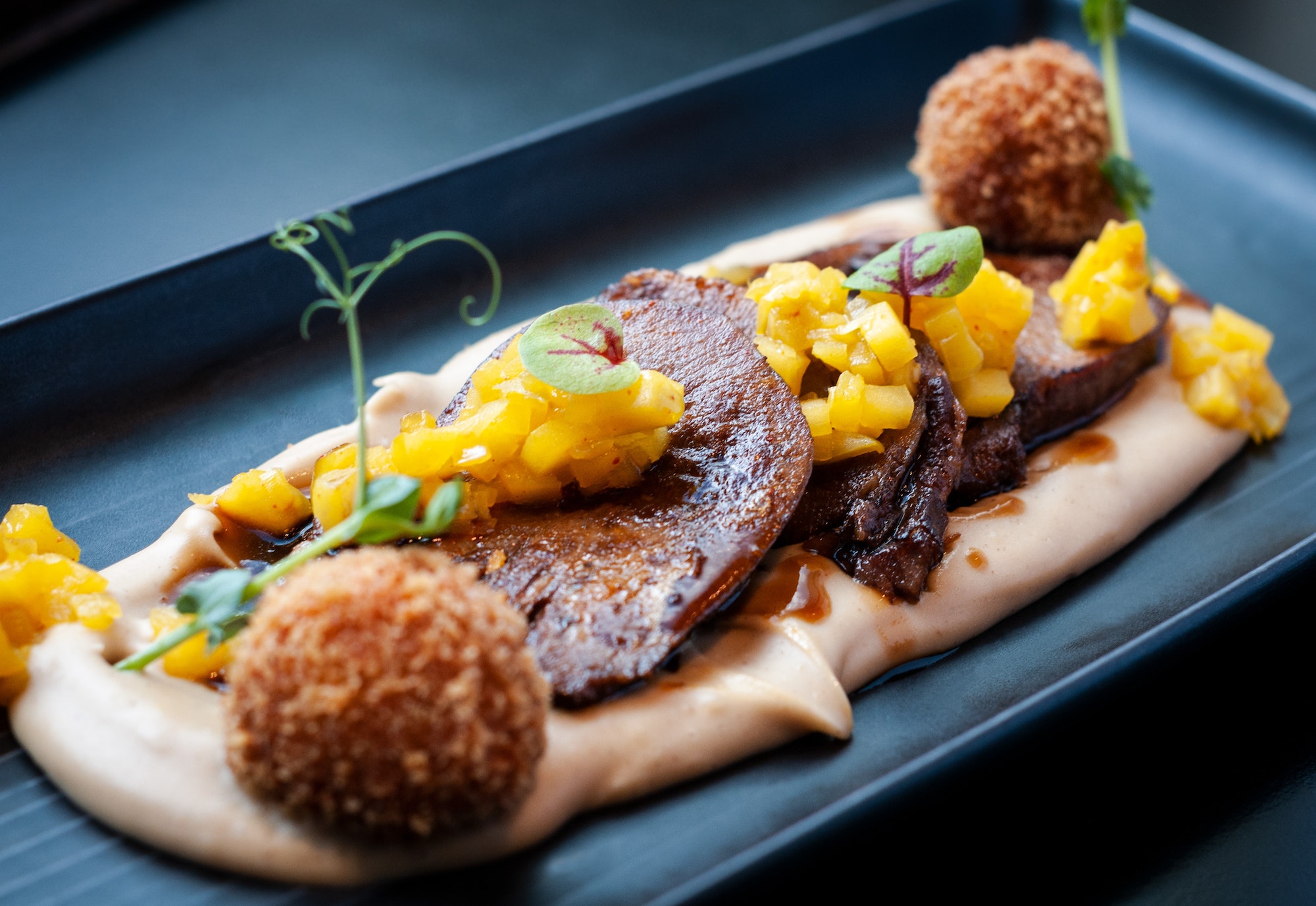In the world of haute cuisine, few names are as synonymous with innovation and boundary-pushing as Ferran Adrià. As the head chef of the now-closed El Bulli restaurant in Spain, Adrià brought the concept of molecular gastronomy to the forefront of modern culinary arts. His work at El Bulli revolutionized not only the way food is prepared and presented but also how it is perceived by diners and critics alike.
Molecular gastronomy is a culinary discipline that combines food science and artistic expression to create dishes that are as visually stunning as they are delicious. The term was first coined in 1988 by Hungarian physicist Nicholas Kurti and French chemist Hervé This, who aimed to investigate the physical and chemical processes that occur during cooking. However, it was Ferran Adrià who took these principles and applied them to his groundbreaking work at El Bulli.
Located in the picturesque coastal town of Roses, Catalonia, El Bulli opened its doors in 1964 as a humble beach bar. It wasn’t until 1984 when Ferran Adrià joined the team that it began its journey towards becoming one of the most celebrated restaurants in the world. Under Adrià’s direction, El Bulli earned three Michelin stars and was named the best restaurant in the world five times by Restaurant magazine.
Adrià’s innovative approach to cooking saw him deconstruct traditional dishes and reimagine them using cutting-edge techniques, such as sous vide cooking, spherification (turning liquids into gel-like spheres), and foams. He also experimented with unconventional ingredients like liquid nitrogen, which allowed him to create frozen powders and other unique textures.
One of Adrià’s most famous dishes is his “liquid olive,” a sphere made from olive juice that bursts in the mouth, releasing an intense burst of flavor. Another iconic creation is his “frozen air” dessert, made by freezing meringue with liquid nitrogen and serving it in a cloud-like form. These dishes not only challenged diners’ perceptions of what food could be but also showcased the transformative power of molecular gastronomy.
Adrià’s work at El Bulli also extended beyond the kitchen. He was a firm believer in the importance of collaboration and the exchange of ideas, which led him to create the El Bulli Foundation, a culinary research center dedicated to fostering innovation and creativity in food. The foundation, which opened in 2013, offers workshops, seminars, and residencies for chefs from around the world to learn about molecular gastronomy and other cutting-edge culinary techniques.
While El Bulli closed its doors in 2011, its legacy lives on through the countless chefs who were inspired by Ferran Adrià’s groundbreaking work. Some of these modern culinary visionaries include Grant Achatz of Alinea in Chicago, Heston Blumenthal of The Fat Duck in England, and Dominique Crenn of Atelier Crenn in San Francisco. These chefs have continued to push the boundaries of what is possible in the world of haute cuisine, incorporating elements of molecular gastronomy into their own unique culinary styles.
In addition to restaurants, molecular gastronomy has also found its way into home kitchens, with numerous cookbooks and online resources available for amateur chefs looking to experiment with new techniques and ingredients. As more people embrace this innovative approach to cooking, we can expect to see even more exciting developments in the world of molecular gastronomy in the coming years.
In conclusion, Ferran Adrià’s work at El Bulli has had a profound impact on the world of haute cuisine. His pioneering approach to molecular gastronomy has changed not only how food is prepared and presented but also how it is perceived by diners and critics alike. As modern culinary visionaries continue to innovate and inspire, there is no doubt that Adrià’s legacy will live on for generations to come.

